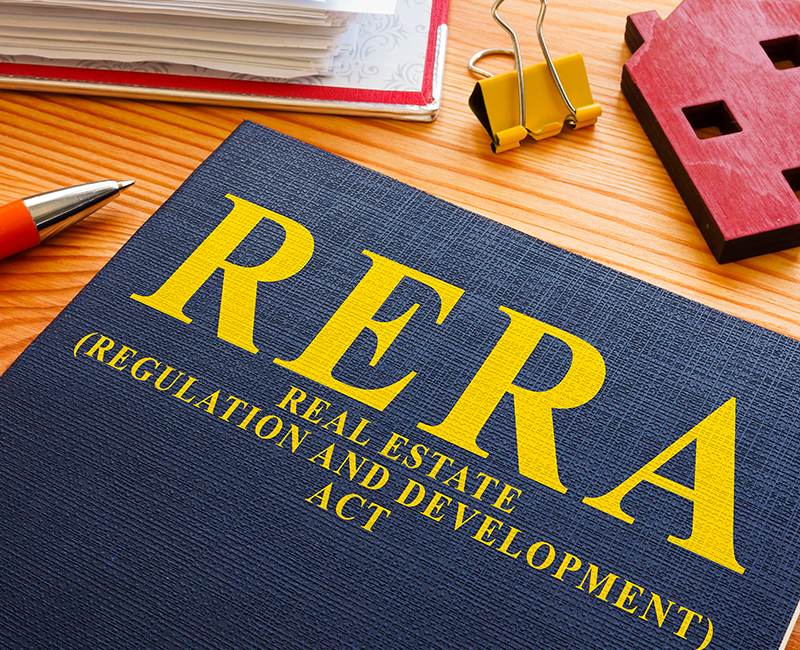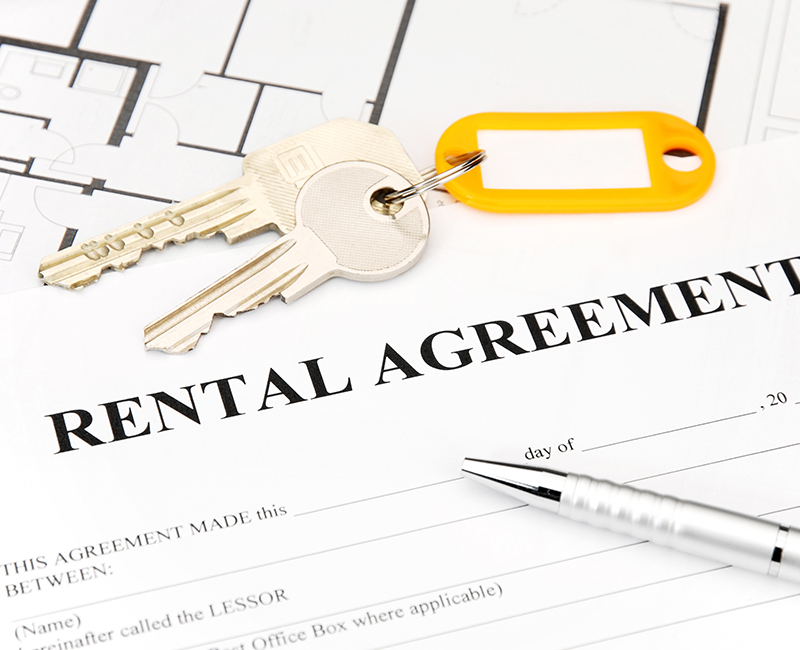

Keep this in Mind Before Leasing Commercial Property in India
We know that renting residential property is daunting. Take that and compound it and you can begin to get an idea of how complex leasing commercial property in India is...
It, of course, involves larger spaces, higher rentals, substantial brokerage… and therefore much greater investments. Add to that local governing bodies and statutes, and the due diligence to be undertaken before signing on the dotted line can be overwhelming.
Follow the below-outlined steps and we promise that your process of leasing commercial property on lease in India will become more streamlined.
A Few Things to Remember
-- Simply put, a commercial lease agreement is for office space, an industry, or any other commercial undertaking.
-- There is no standard agreement template that must be followed. As long as all the points from the lessor and lessee standpoint are covered in detail.
Title Ownership Validation
Ensure that the title deed dictates the complete ownership of the property in question. Also, it is wise to thoroughly check whether the property has been leased to anyone also. You can be concerned with the best real estate companies in India.
A title deed includes:
-- Details of Property.
-- Legal owner(s) of the property.
-- Transfer date of the property.

-- Property purchase price.
-- Seal of the Deeds Registry Office.
Sanctioned Plans And Power Of Attorney (POA)
Check on the title deed and the commencement certificate if the property that you are interested in is still under construction.
Likewise, for an already fully constructed, ready to move in space in a built-up property, do check the occupation certificate.
Additionally, it is prudent that you check if there is a Power Of Attorney attached to the property for any indirect rent.
Income Tax & Mortgage Verification
Clarify before leasing a commercial property whether the landlord is compliant with the Income Tax Act of 1961 and whether the property is termed as ‘commercial’ or ‘residential’.

If the classification is not clear then you could be hit with a backdated TDS in the future.
Validity Of Your Rent Agreement
The lease, although direct in covering the points of interest for both parties, must cover the following points –
-- Start and termination dates
-- Property address
-- The rental amount, details of the deposits
-- The details of the refunds of the deposits

-- Clauses that can reduce the deposit refund
-- The interval of payment
-- Names of all the parties involved and their signatures
-- If the property in question is a co-working space, then include the working hours
Rent Control Act
Each state is governed by its own rental control act. Some of the prominent features of these acts are –
-- There are no more oral tenancies allowed for which these acts are applicable. The lessor-lessee agreement must be based on a written rent deed.
-- All the best real estate companies in India must register with the rent controller and declare all deals and transactions.
-- Although any rent can be agreed upon by both parties, the enhancement of the rent has to be in accordance with the rent control act of the state.
-- Charges for amenities can be decided upon mutually by the landlord and the tenant. If there is no clear consensus on this, then usually 15 percent is agreed upon.
-- Leases for more than one year must be registered.
Significance Of Non-Registration
Non-registration of rent deeds for more than a year is a serious offense. Nonregistration of the deed makes it inadmissible as evidence in court.
Consequences of Non-Registration of Lease Deeds
Non-registration of rent for more than one year is a serious offense. It does not establish any rights between the landlord and the tenant. It cannot be produced in court for want of registration either.
While under-stamping a document is excusable, non-registration simply makes the document inadmissible as evidence.
Those mentioned above are key areas that a lessor needs to pay attention to while renting and leasing commercial office space in Noida. This ensures that your best interests are realized, thereby minimizing time wasted and saving you money.









Leave a comment
All fields marked with an asterisk (*) are required